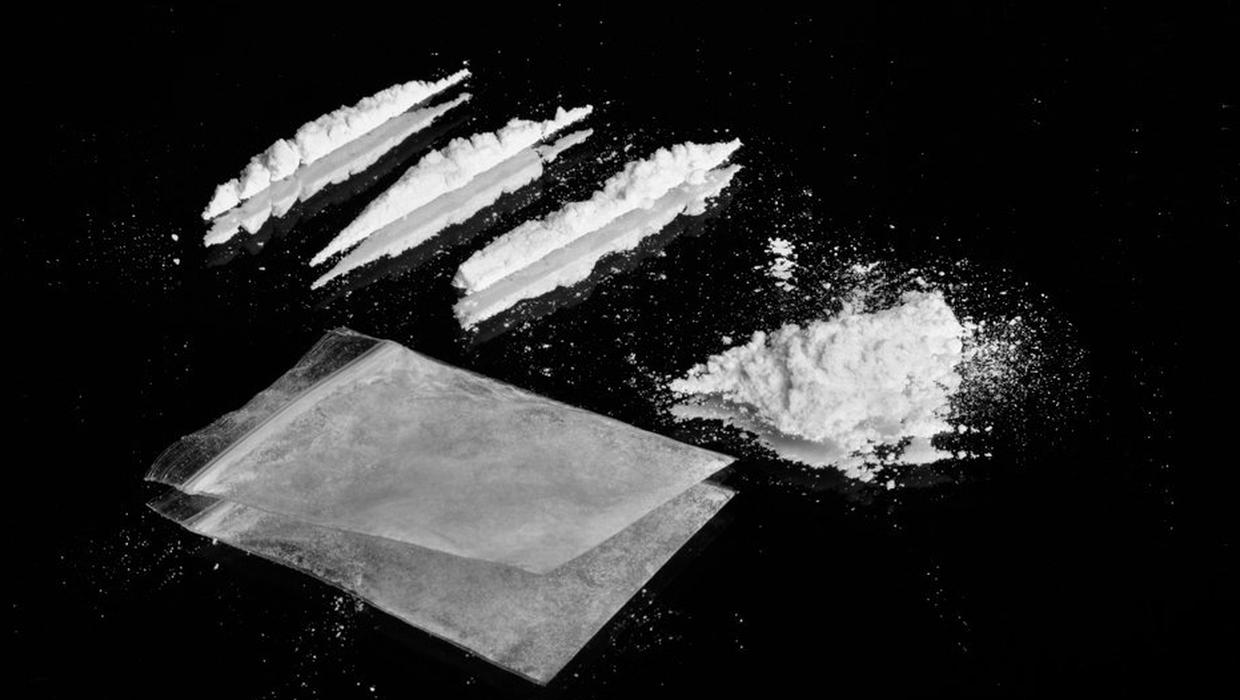Regular use of cocaine may eventually cause:
-
Insomnia and exhaustion
-
Depression
-
Anxiety, paranoia and psychosis
-
Sexual dysfunction
-
Hypertension and irregular heartbeat
-
Heart disease and death
-
Snorting cocaine regularly can also cause:
-
Runny nose and nose bleeds
-
Nose infection
-
A hole in the tissue separating the nostrils
-
Long term damage to the nasal cavity and sinuses
High doses and frequent heavy use can also cause ‘cocaine psychosis’, characterised by paranoid delusions, hallucinations and out of character aggressive behavior. These symptoms usually disappear a few days after the person stops using cocaine.
Injecting cocaine and sharing needles may also cause:
-
Increased likelihood of overdose
-
Tetanus
-
Hepatitis B
-
Hepatitis C
-
HIV/AIDS






